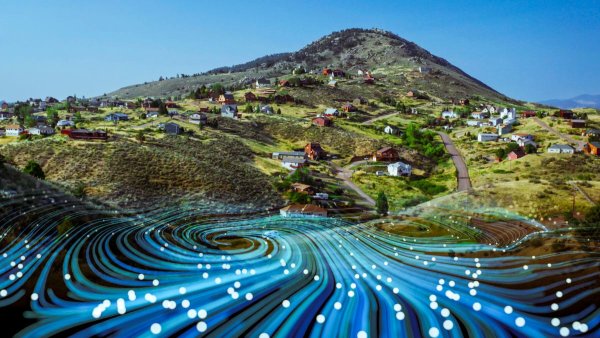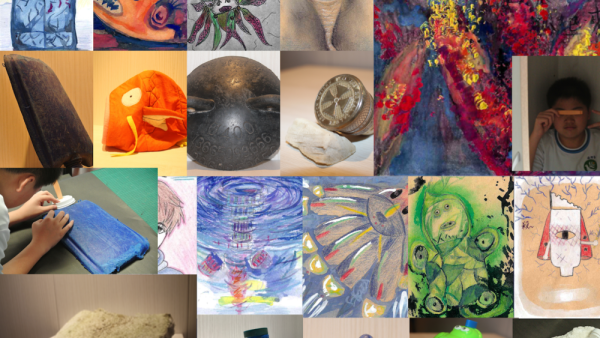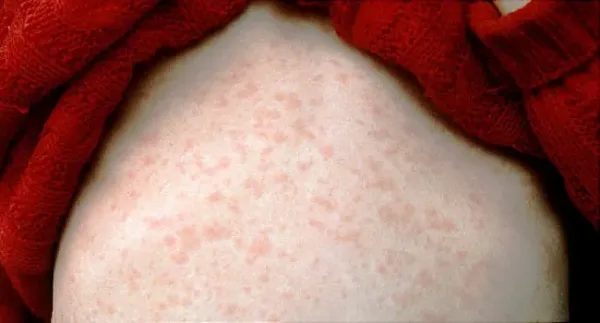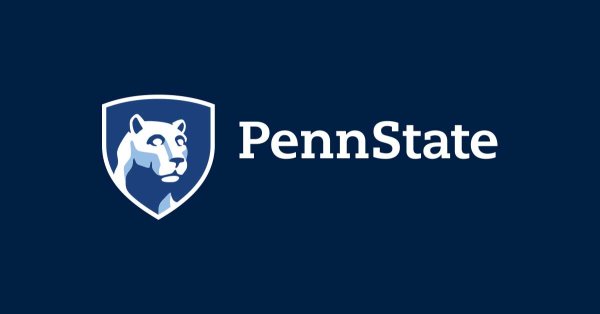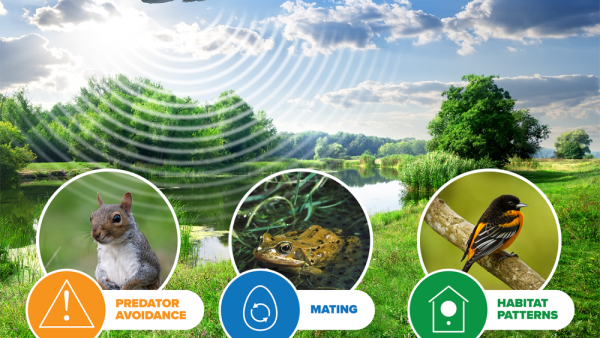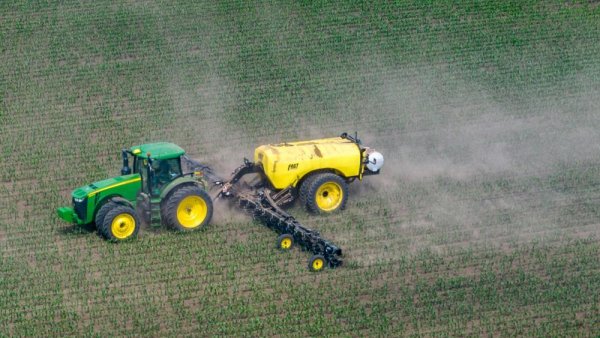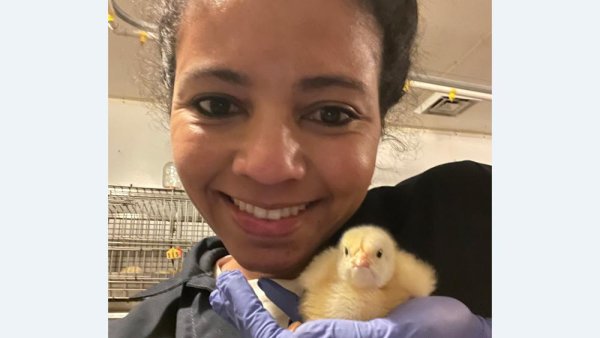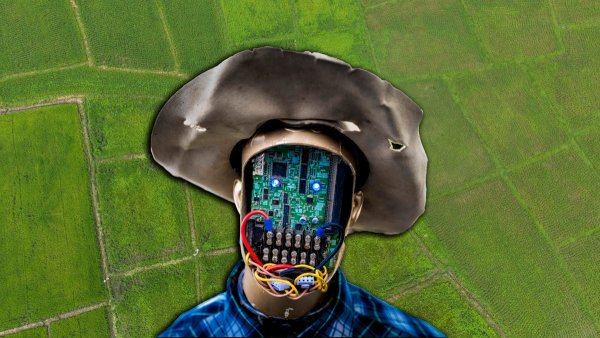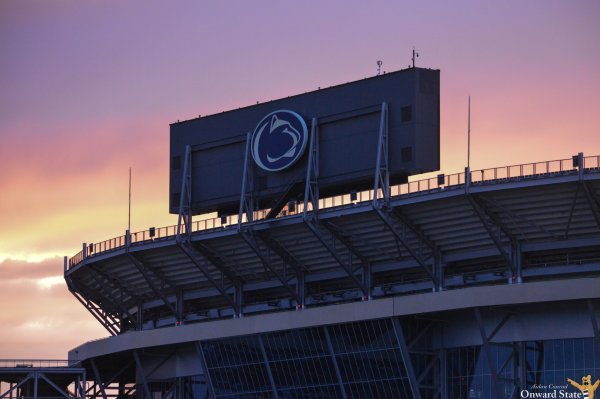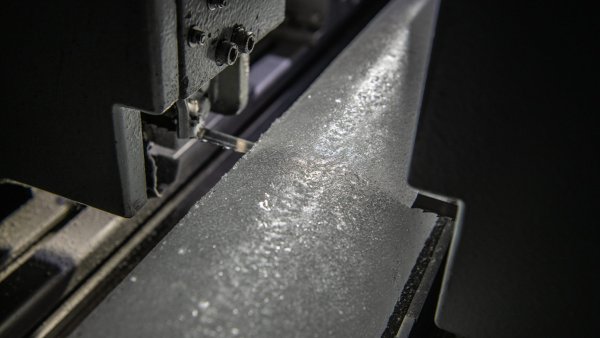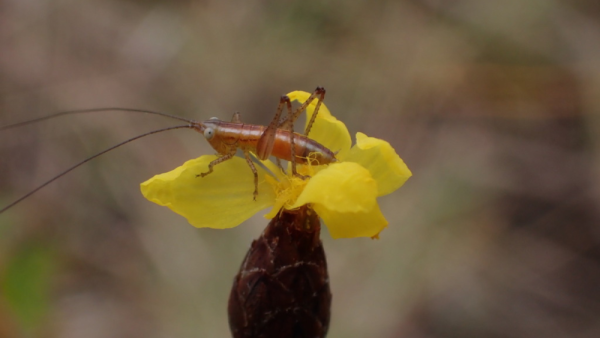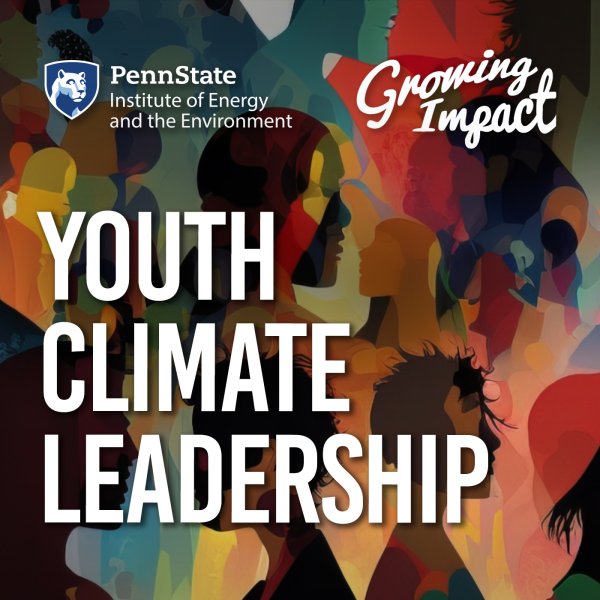The future of US internet: city-run broadband, satellite web and subsidies
| cnet.com
For Americans who can't get high-speed internet, myriad efforts by cities, new technologies and public programs are bridging the gaps. This article quotes Christopher Ali, Pioneers Chair of Telecommunications.
Penn State celebrates the 2024 Sustainability Award winners
| psu.edu
Penn State Sustainability has announced the 2024 recipients of its sustainability awards. These accolades, including the John Roe Sustainability Impact Award, the Student Sustainability Advisory Council Tree Award, and the Pennsylvania Environmental Resource Consortium Campus Sustainability Champion Award, commend the extraordinary contributions of students in spearheading sustainability initiatives.
Forest, stream habitats keep energy exchanges in balance, global team finds
| thedailyreview.com
Forests and streams are separate but linked ecosystems, existing side by side, with energy and nutrients crossing their porous borders and flowing back and forth between them. This article features Penn State research and quotes Daniel Allen, assistant professor of aquatic ecology.
Could U.S. measles cases break a record this year? What to know
| webmd.com
Within the first 3 months of 2024, the U.S. surpassed the total number of measles cases recorded in all of 2023. Could the nation break a record this year? Here's what to know. This article quotes Catharine Paules, infectious diseases doctor with Penn State Health.
Webinar to address community engagement, equitable development
| psu.edu
Communities are sustainable and equitable when residents play a meaningful role in the deliberations, discussions, decision-making and implementation of projects or programs affecting them, according to Penn State Extension educators, who will host a webinar addressing community engagement, capacity building and equitable development.
Listening lab leading soundscape analyses for United States national parks
| psu.edu
The Department of Recreation, Park, and Tourism Management in the Penn State College of Health and Human Development recently received a grant from the National Park Service to launch the Protected Areas Research Collaborative Listening Lab.
'Fertilizer Recommendation Support Tool' to digitize crop nutrient management
| psu.edu
A nationwide team of agricultural scientists, including researchers at Penn State, has launched a decision aid that provides an unbiased, science-based interpretation of soil test phosphorus and potassium values for crop fertilization, with an eye toward potentially saving farmers millions of dollars annually while reducing excess nutrient losses to the environment.
Probiotic feed additive boosts growth, health in poultry in place of antibiotics
| psu.edu
Antimicrobial resistance is an increasingly serious threat for public health, and the use of antimicrobials in livestock feed has been a major contributing factor in the emergence and spread of antimicrobial resistance to many drugs, according to the U.S. National Institutes of Health. Led by Erika Ganda, assistant professor of food animal microbiomes, a Penn State research team conducted a study of natural feed additives that are promising alternatives to substitute for antimicrobial growth promoters.
Internet aid cut: how the loss of FCC's ACP may worsen the mental health crisis
| cnet.com
April is the last month that 23 million low-income households will receive the FCC’s Affordable Connectivity Program benefit. This article quotes Christopher Ali, Pioneers Chair of Telecommunications.
Penn State Sustainability, OPP expanding gameday & campus waste initiatives
| onwardstate.com
Penn State Sustainability and the Office of Physical Plant put continuous effort into building sustainable environments across all Penn State campuses, especially on gamedays.
No, ice core study does not show CO2 is 'not the cause of warming'
| usatoday.com
A greenhouse gas increase isn't the only thing that can initiate climate change, but it is what's causing modern warming. This article quotes Richard Alley, Evan Pugh Professor of Geosciences.
Yellow-eyed grasses may have more insect visitors than previously thought
| psu.edu
A team led by Penn State researchers published the first documentation of arthropods that visited yellow-eyed grasses in Guyana, a South American country where species of the plant are most diverse.

